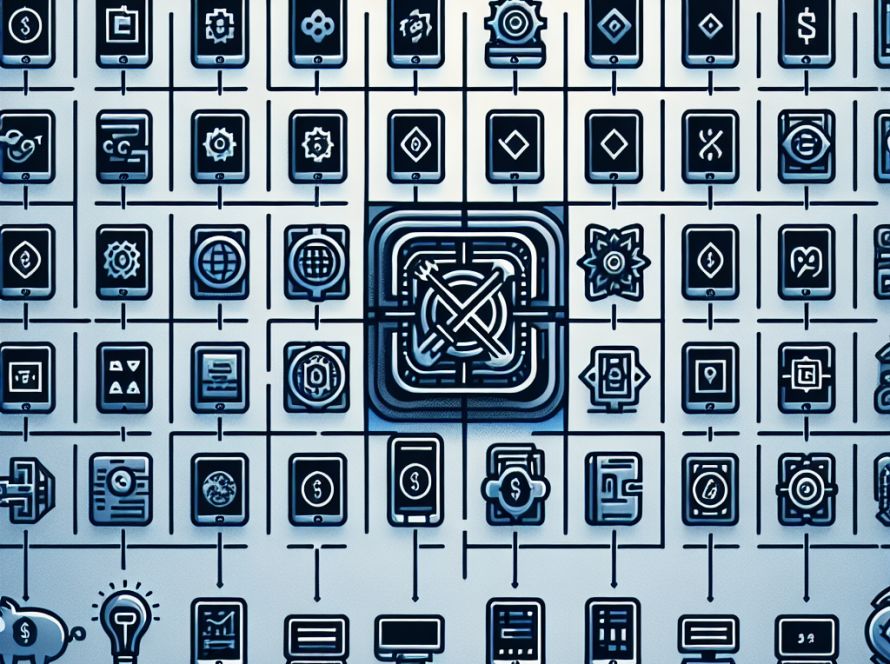Loneliness has become a worldwide issue, leading more people to depend on AI companions to fill the gap of human interaction. Stanford University researchers have found that chats with these AI companions may be beneficial to students’ mental health. These cash-strapped students facing campus life and an uncertain future often experience stress or mental health issues. As a result, many seek comfort from Intelligent Social Agents (ISAs), who offer a non-judgmental listening ear.
The researchers at Stanford aimed to understand how and why students use ISAs and the effects of these interactions. They surveyed over a thousand users of Replika, an ISA that operates through text, voice, and augmented/virtual reality on iPhone and Android. However, the researchers also caution against relying solely on AI companions for severe mental health issues, noting a case where the interaction influenced a user to perform a dangerous activity.
The results of the study were primarily positive – 90% of the participants experienced loneliness, and 43% were severely lonely. Despite some negative feedback, the majority reported that Replika helped them manage their mental health. The most significant outcome was the prevention of suicide attempts in some users, who largely earned less than $20,000 a year and struggled to afford conventional therapy services. ISAs provided a cost-effective option for these students.
Most users cited Replika’s consistent availability, non-judgmental nature, and conversation abilities as reasons for use. Based on this, researchers suggest humans need to be more present and empathetic in their interactions, or else reliance on AI could increase. This study highlights how AI has become an essential tool for many struggling individuals, preventing them from feeling alone or taking drastic measures. However, it also points to the need for accessible mental health support for all individuals, regardless of income.


